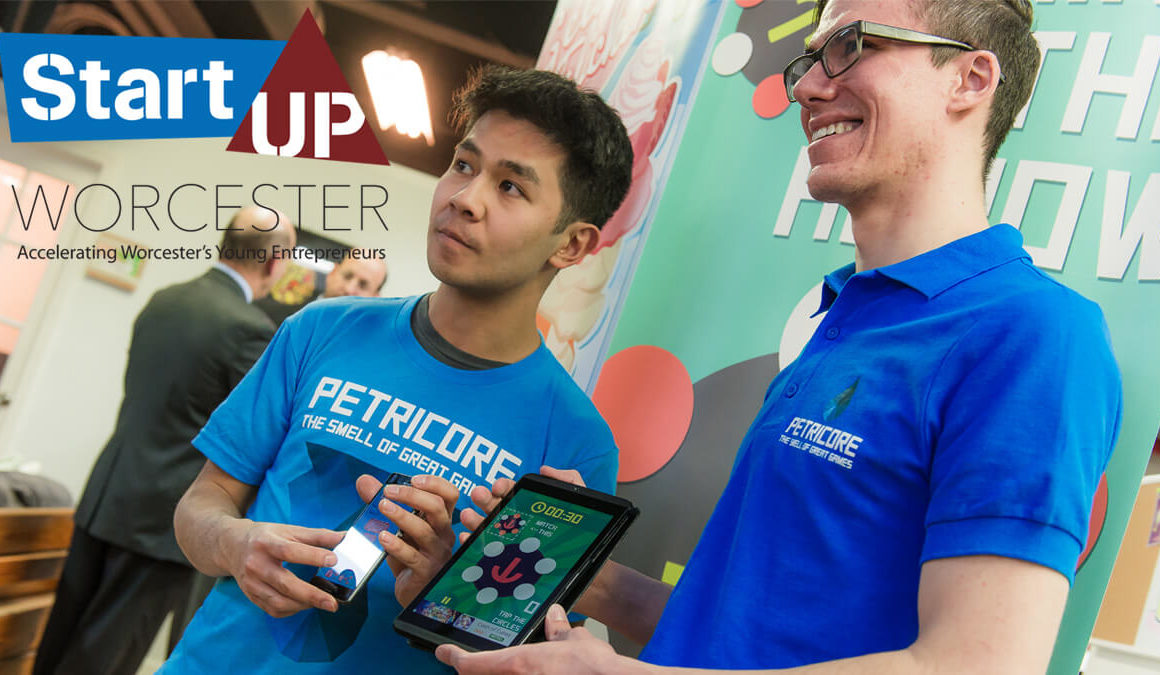Is Worcester getting serious about local startups?
Worcester has some of the ingredients needed for a vital startup scene. And in the last four years, it has made a bit of progress. But it will all be for naught, unless a local startup grows, hires hundreds of local people and enriches investors through an initial public offering.
The progress I’ve seen in the last few years has come from the Worcester Regional Chamber of Commerce. I have enjoyed speaking with many of the entrepreneurs who won the StartUp Worcester 2015 competition.
Those winners have benefited – getting space to work at Running Start, a co-working space on Prescott Street in Worcester; support from professionals at The Venture Forum, a nonprofit organization providing programming for entrepreneurs; full membership benefits from the chamber; and access to Service Corps of Retired Executives (SCORE) business counselors.
And now there is StartUp Worcester 2016, which was launched Oct. 13.
Timothy Murray, the Worcester chamber’s president and chief executive officer, is proud of what StartUp Worcester accomplished in 2015.
“We’re very pleased with the success of this program,” he said in a press release. “More than two dozen applied last year, and the 12 selected have made progress in their business. Petricore, a digital gaming company founded by Becker graduate Ryan Canuel, created ‘Mind the Arrow,’ a game featured on both the App Store and Google Play in more than 250 countries with over 200,000 downloads. These bright minds are working to implement their ideas here in Worcester and that’s just what we want to see.”
I agree with Mr. Murray’s goal – to see students who learn at Worcester’s many institutions of higher education stay in the city to start companies, create jobs, enrich investors and pay taxes.
This leaves me with one question: Why have no Worcester-based startups gone public? Based on my interviews with locally educated entrepreneurs, I think there are many factors – none more important than the easier flow of capital in Boston or Cambridge.
I think that is true because Boston and Cambridge investors have enjoyed previous startup investment success and therefore understand venture investing’s risks and opportunities.



